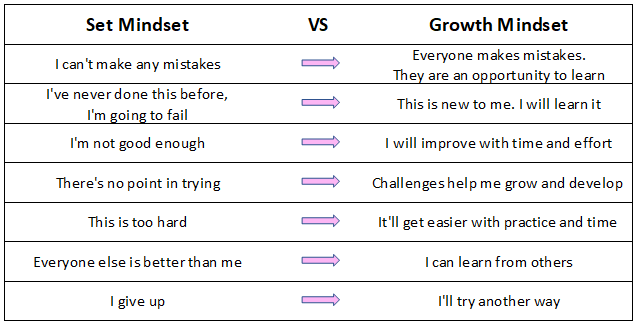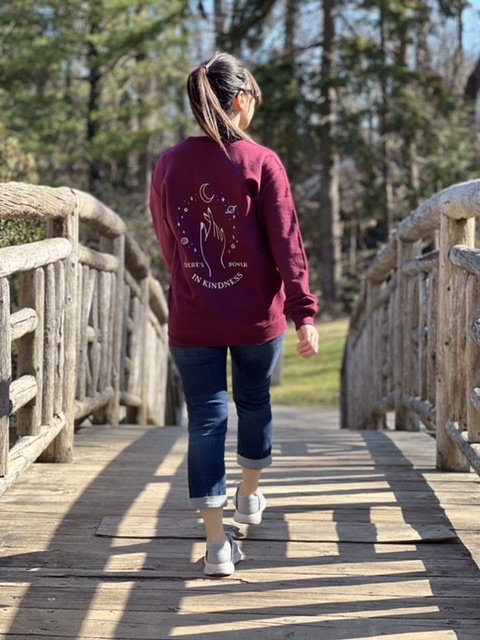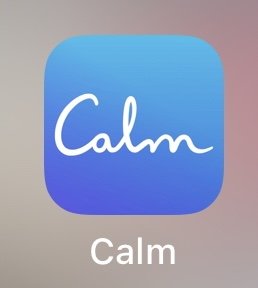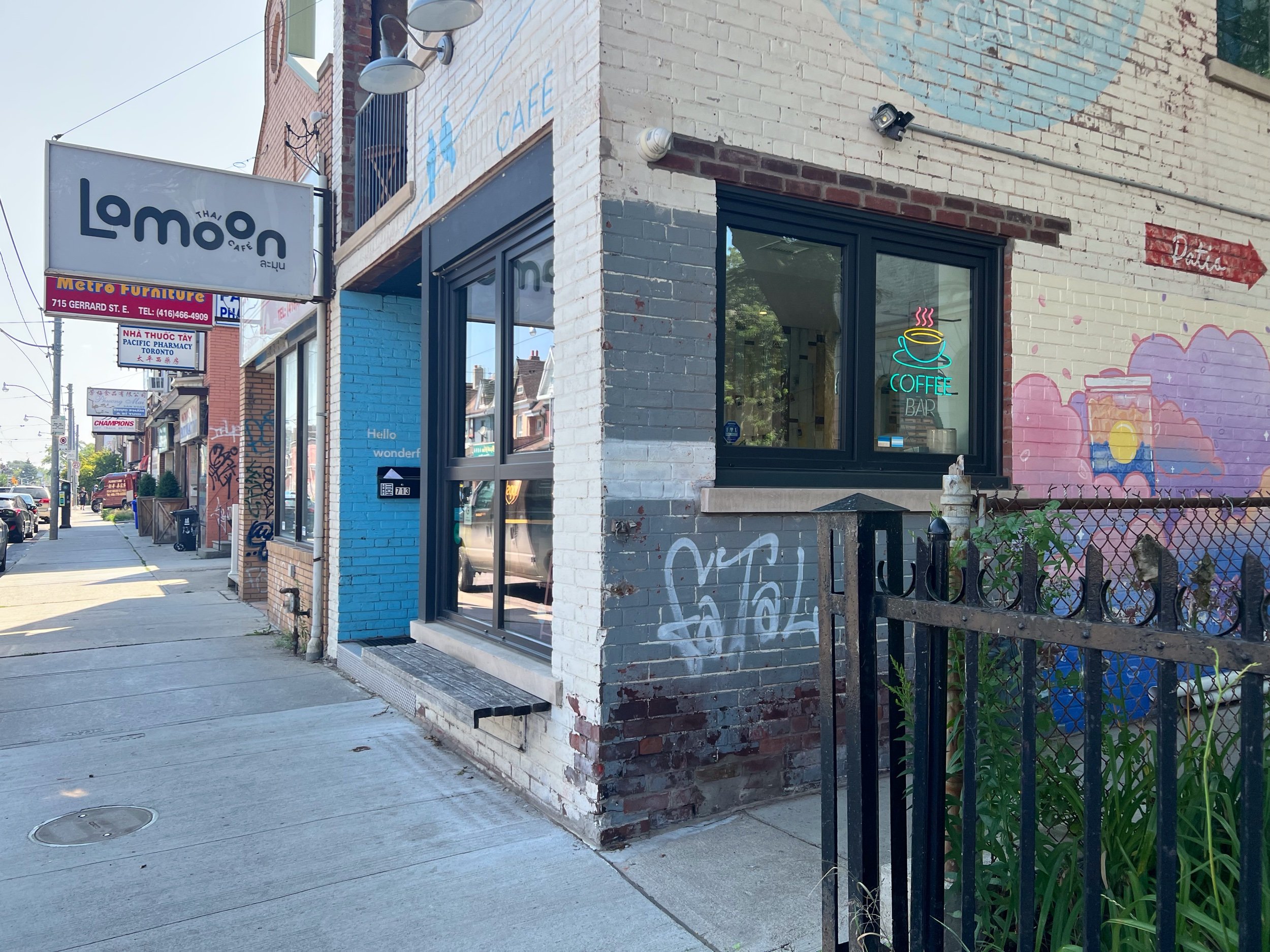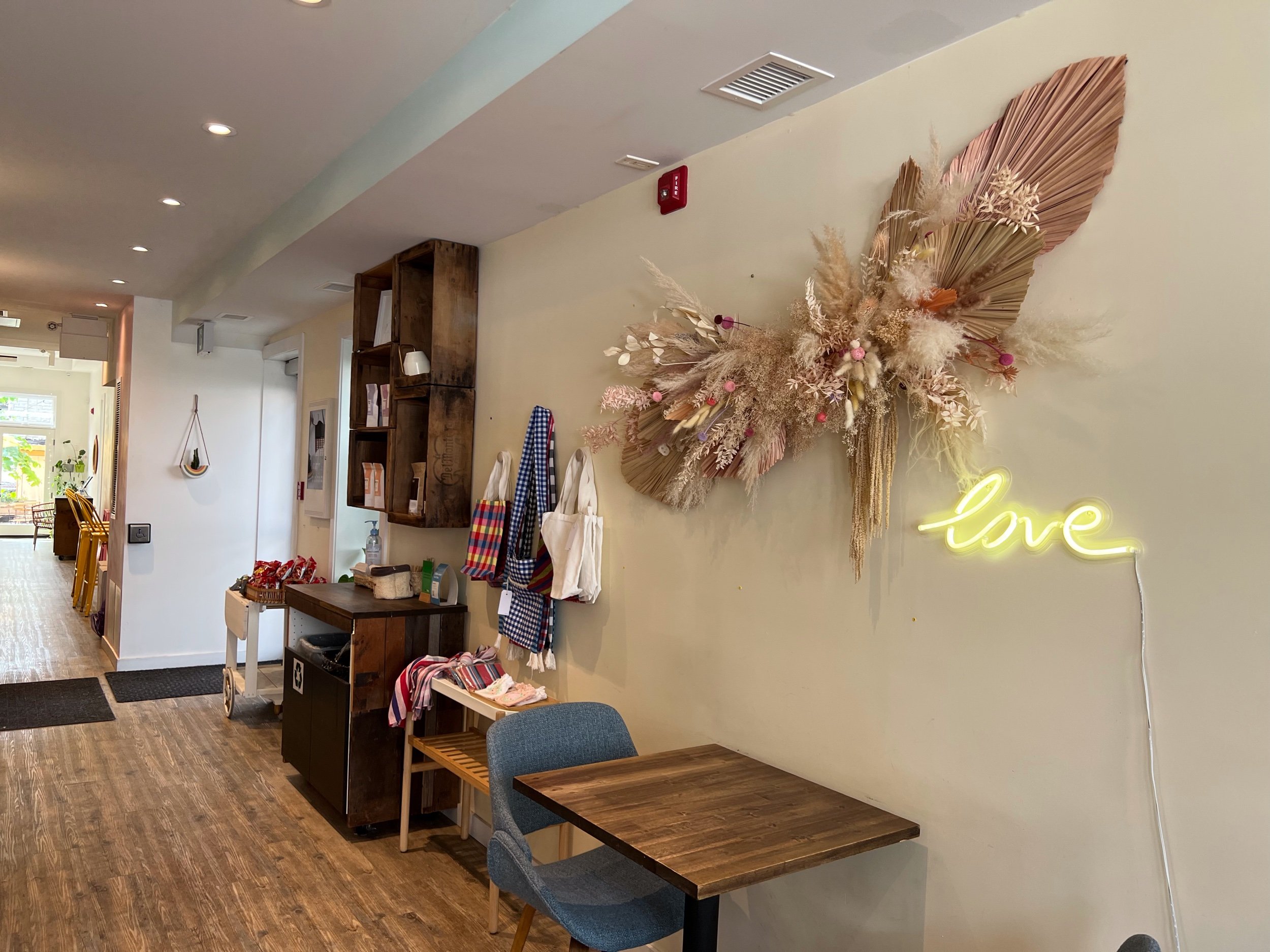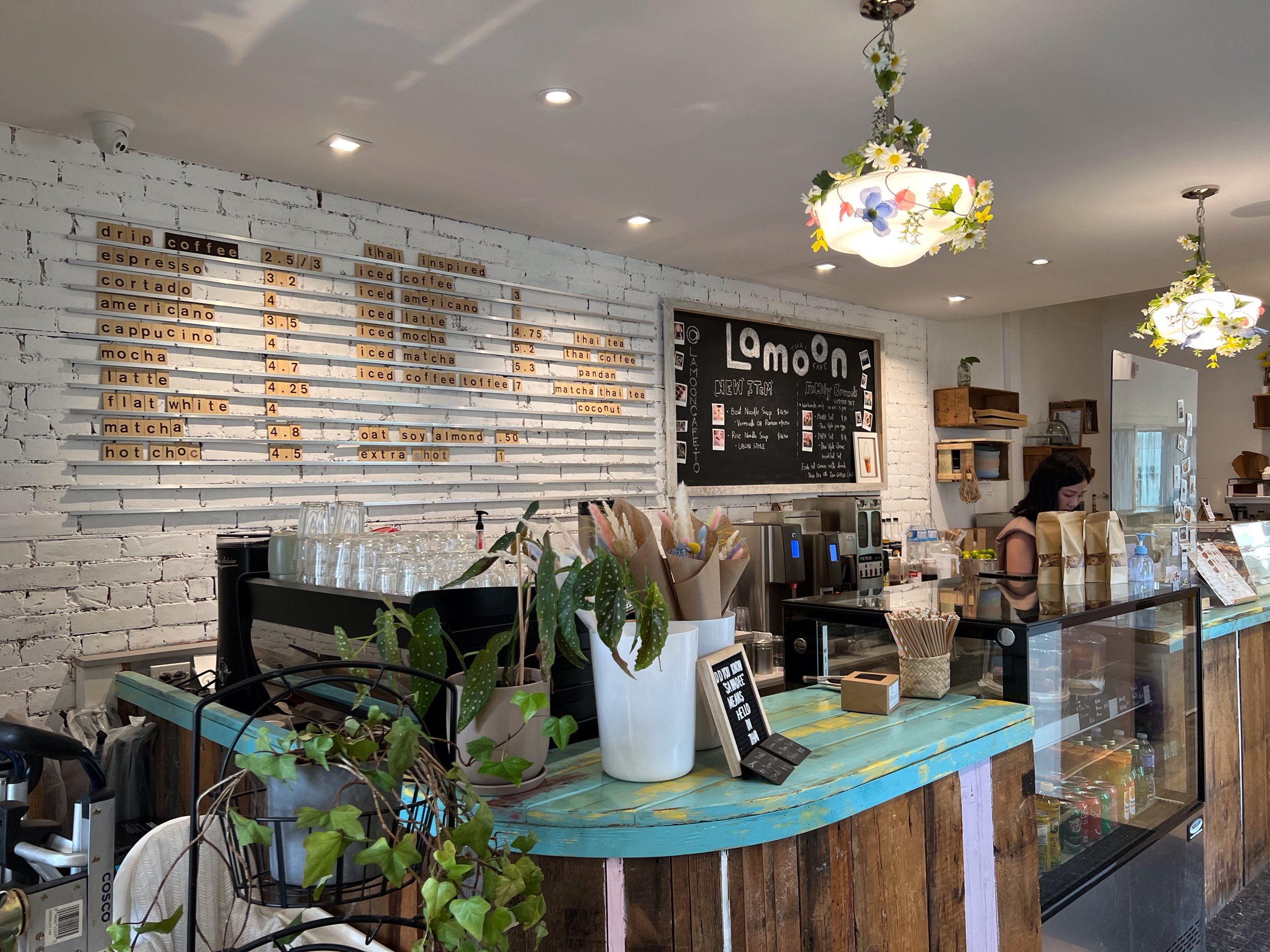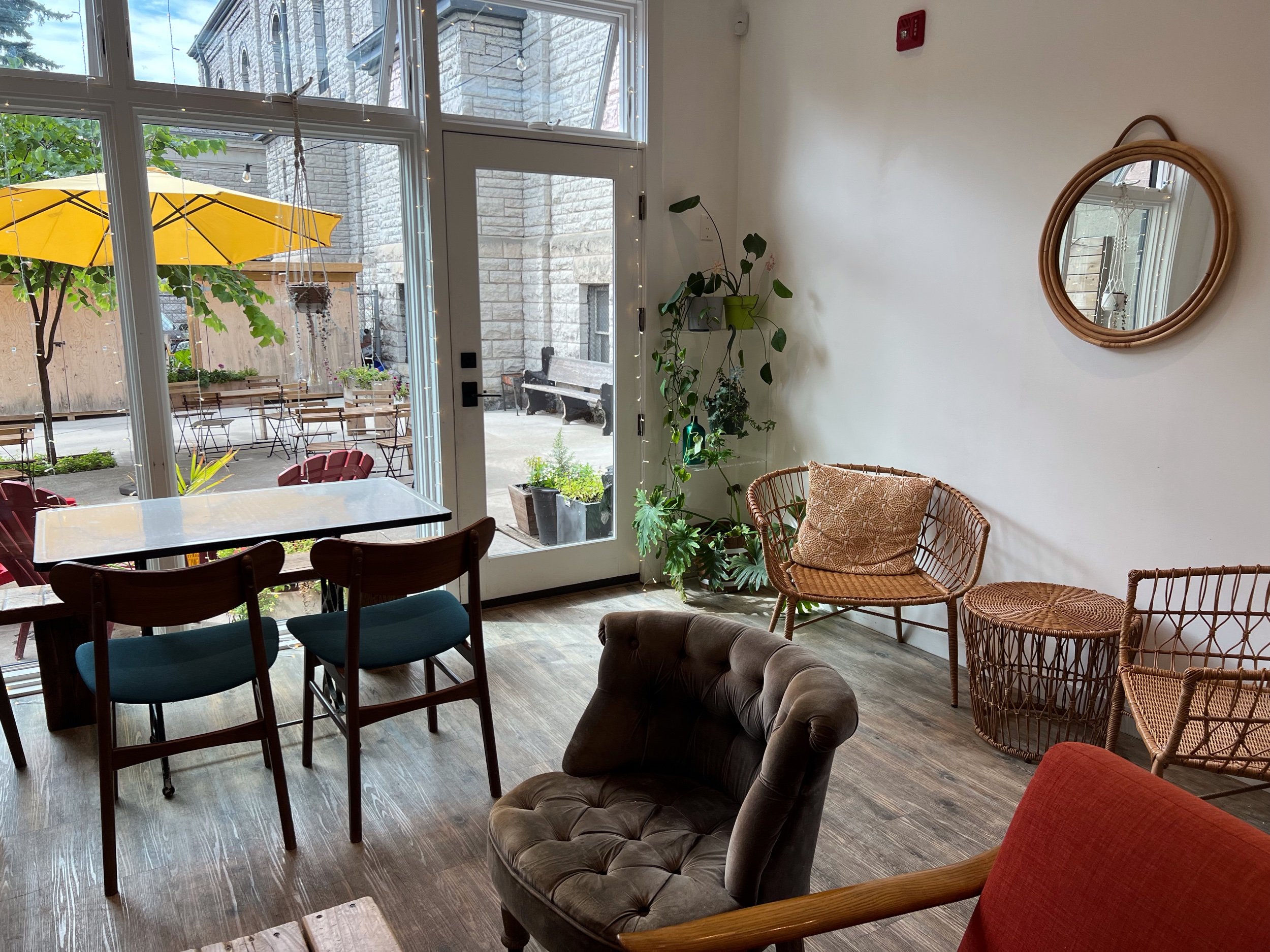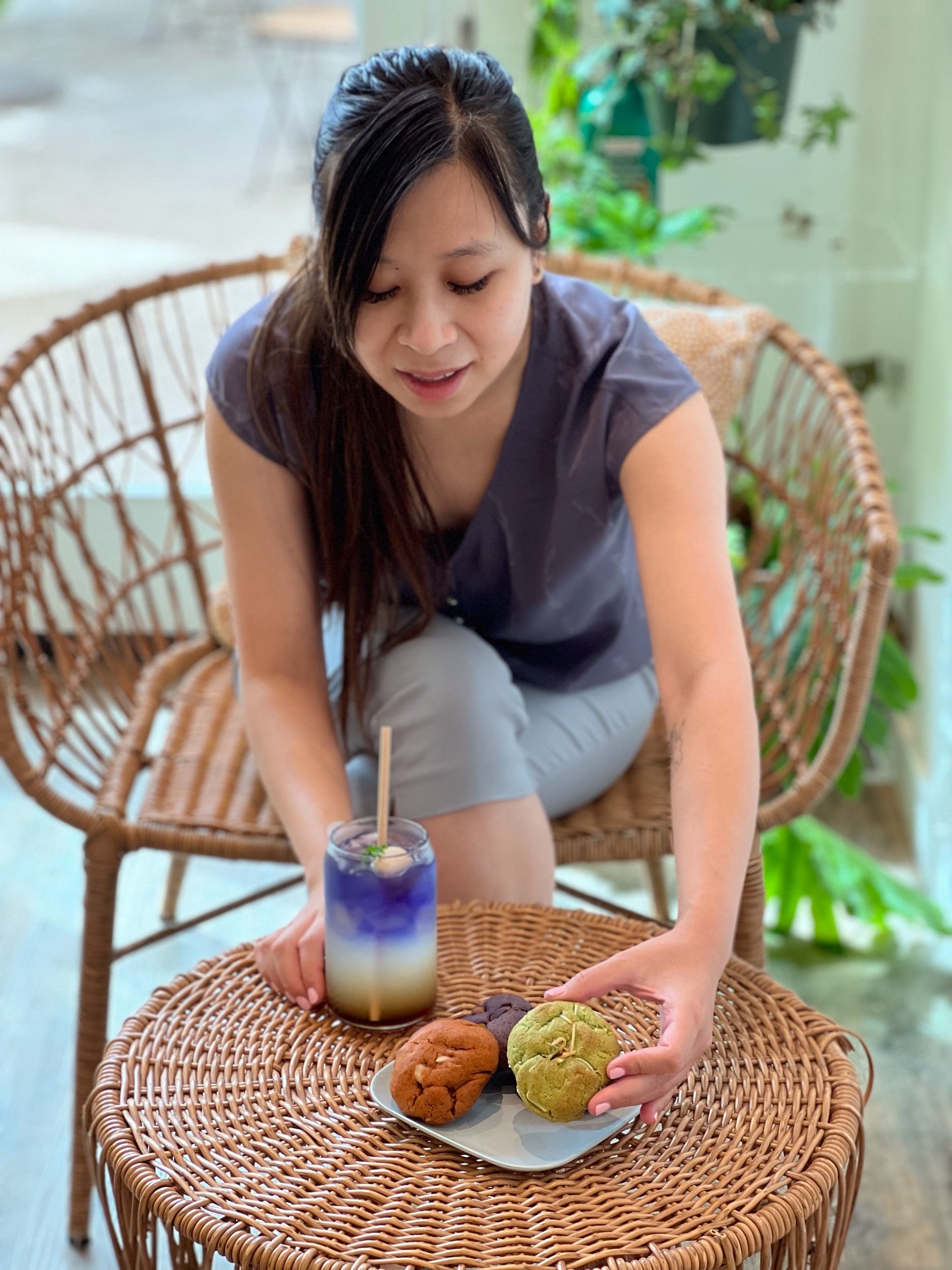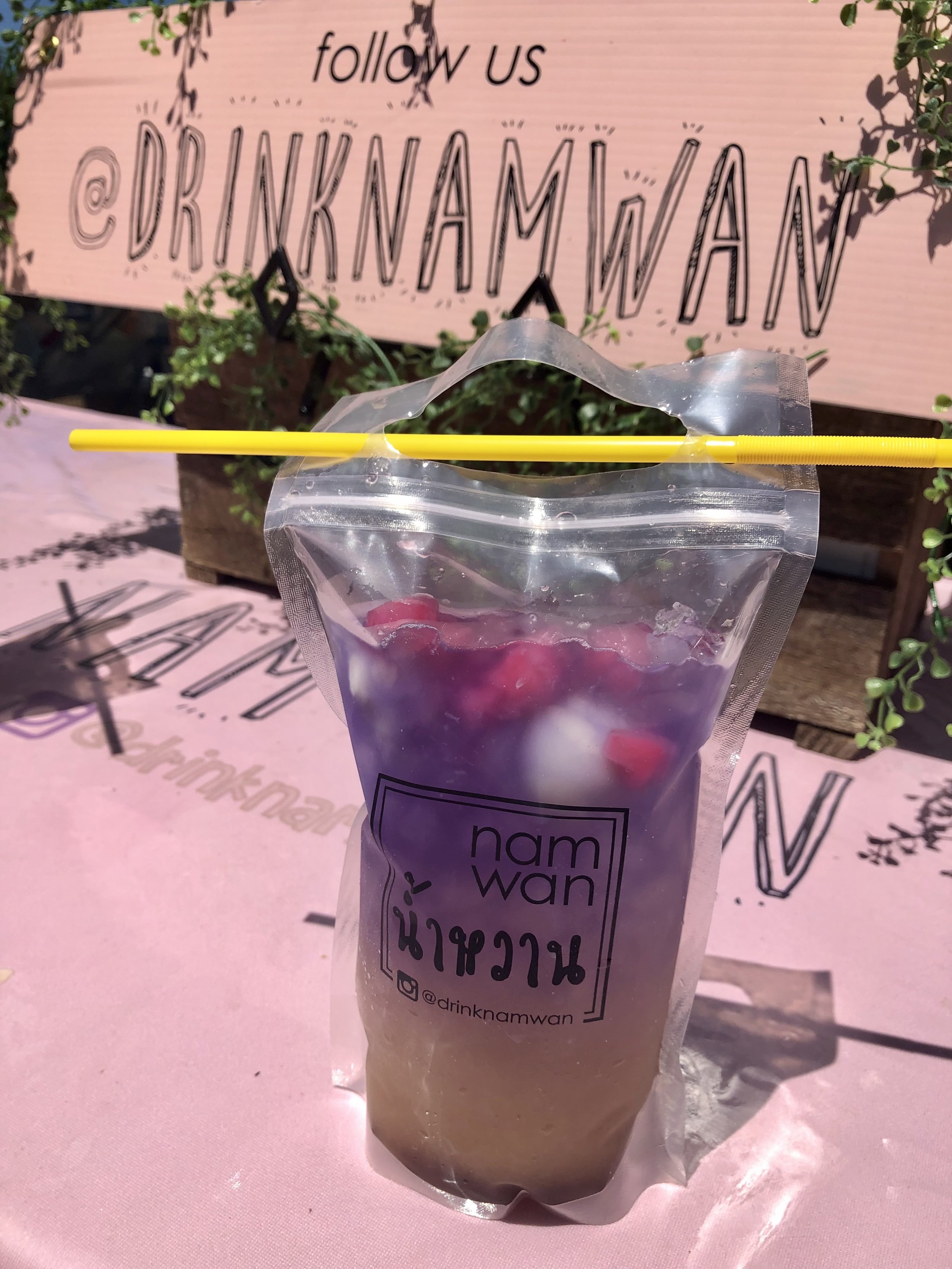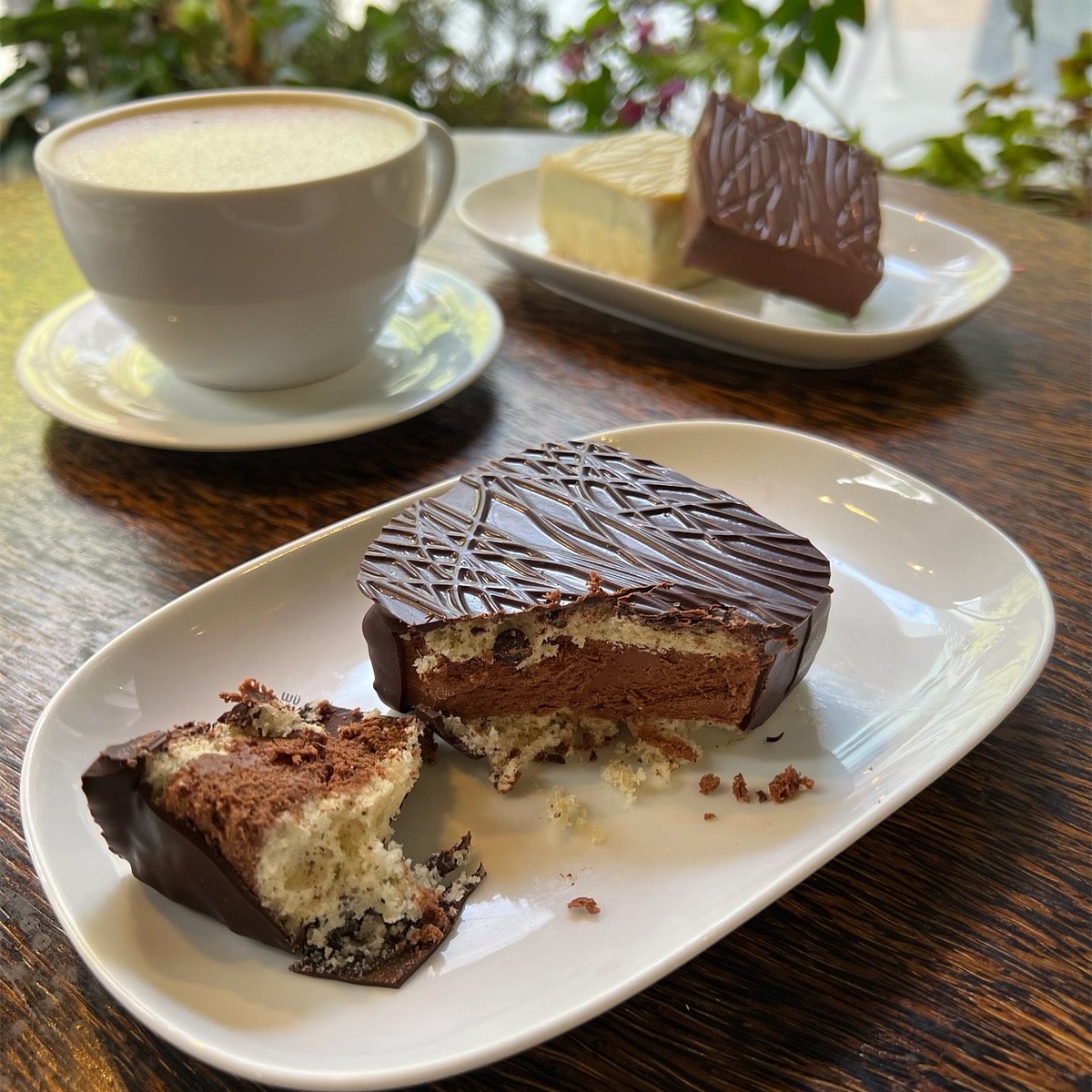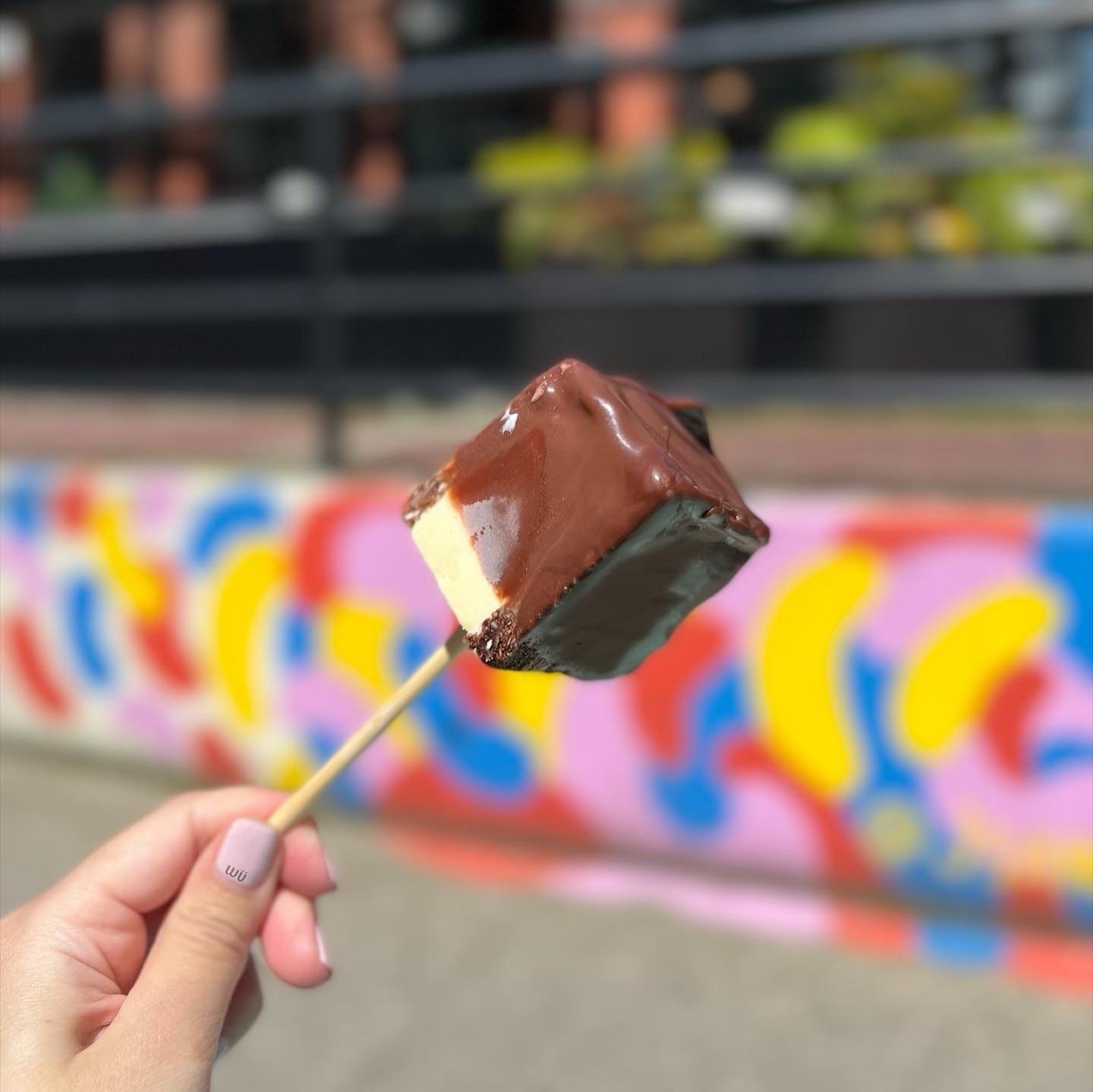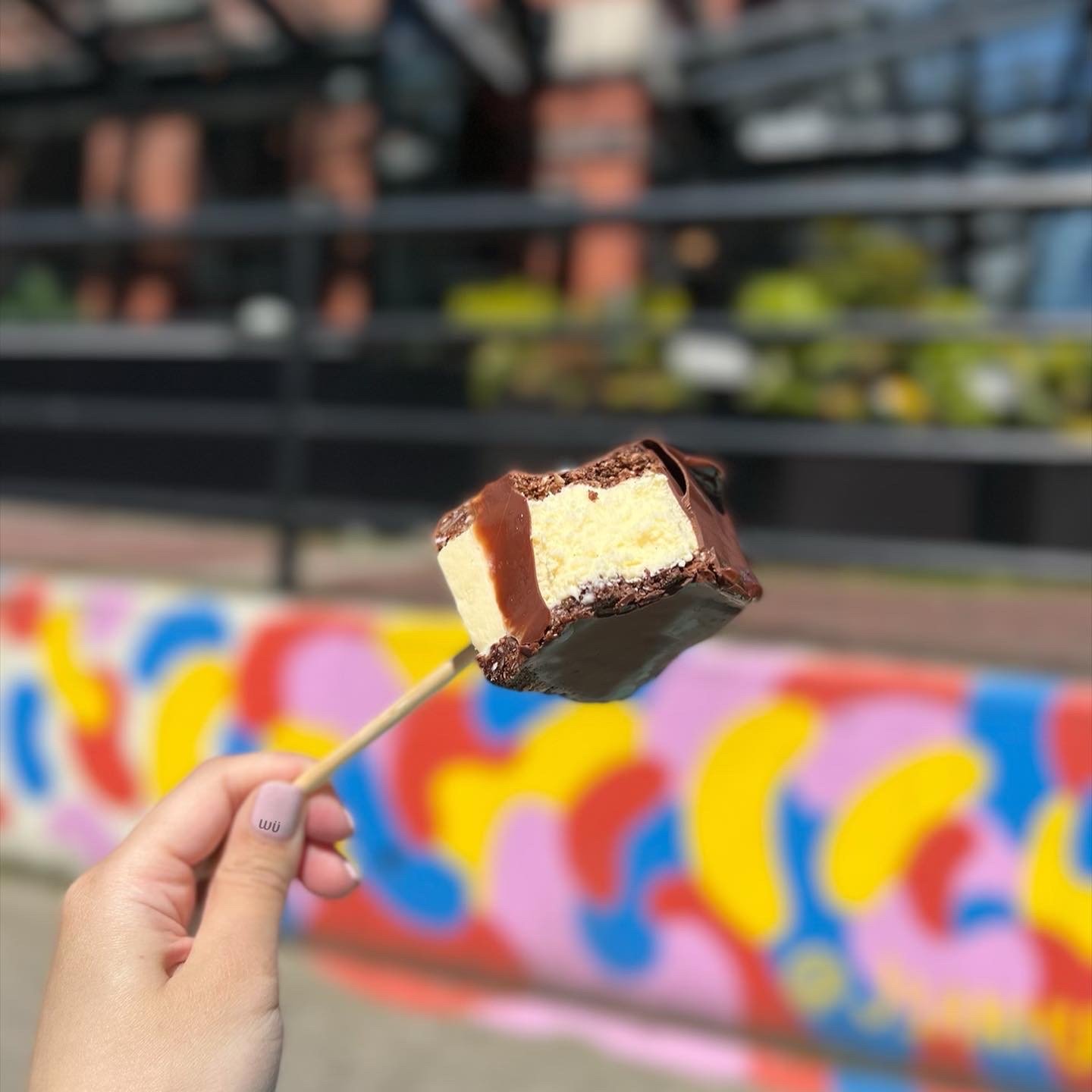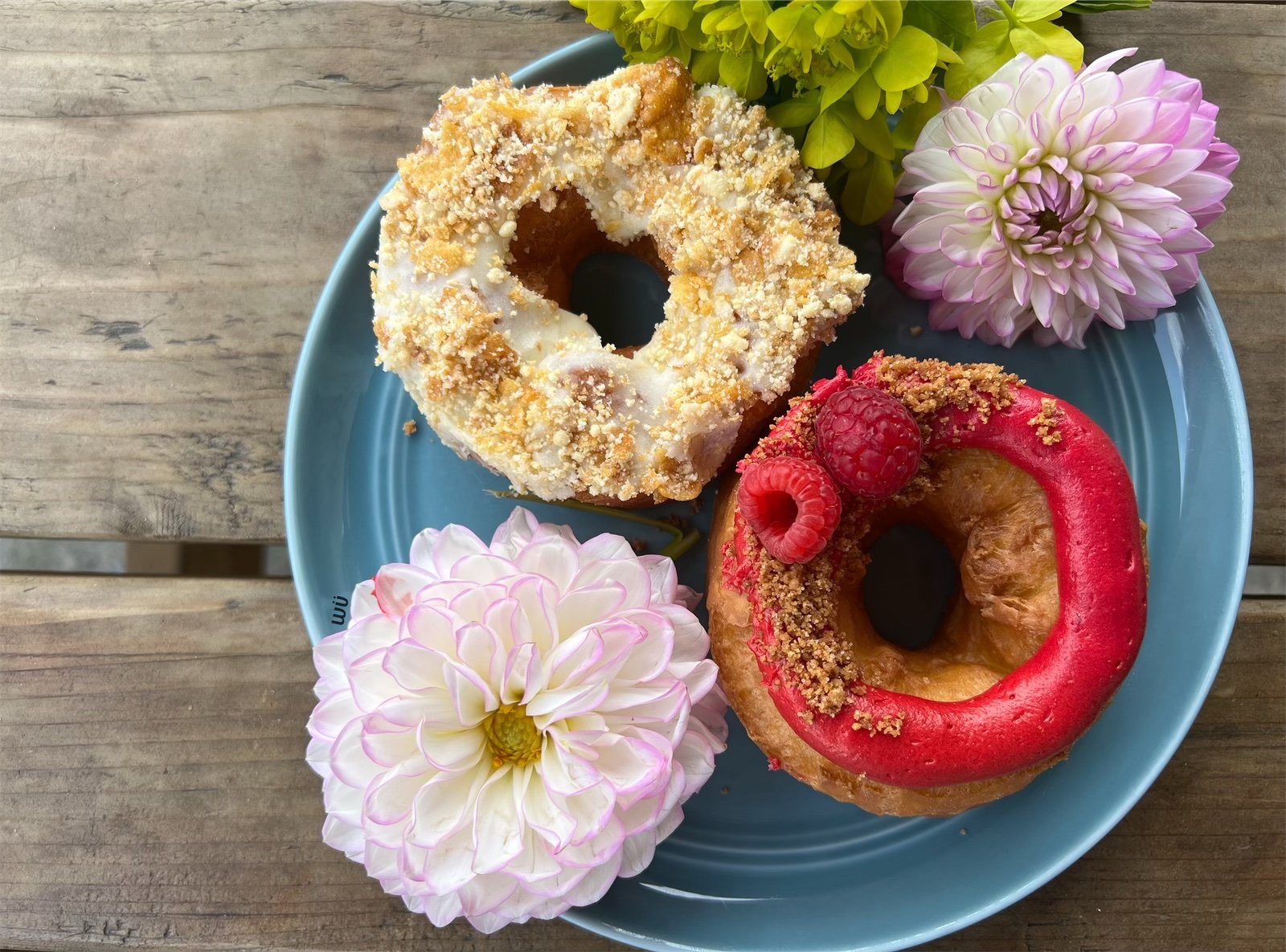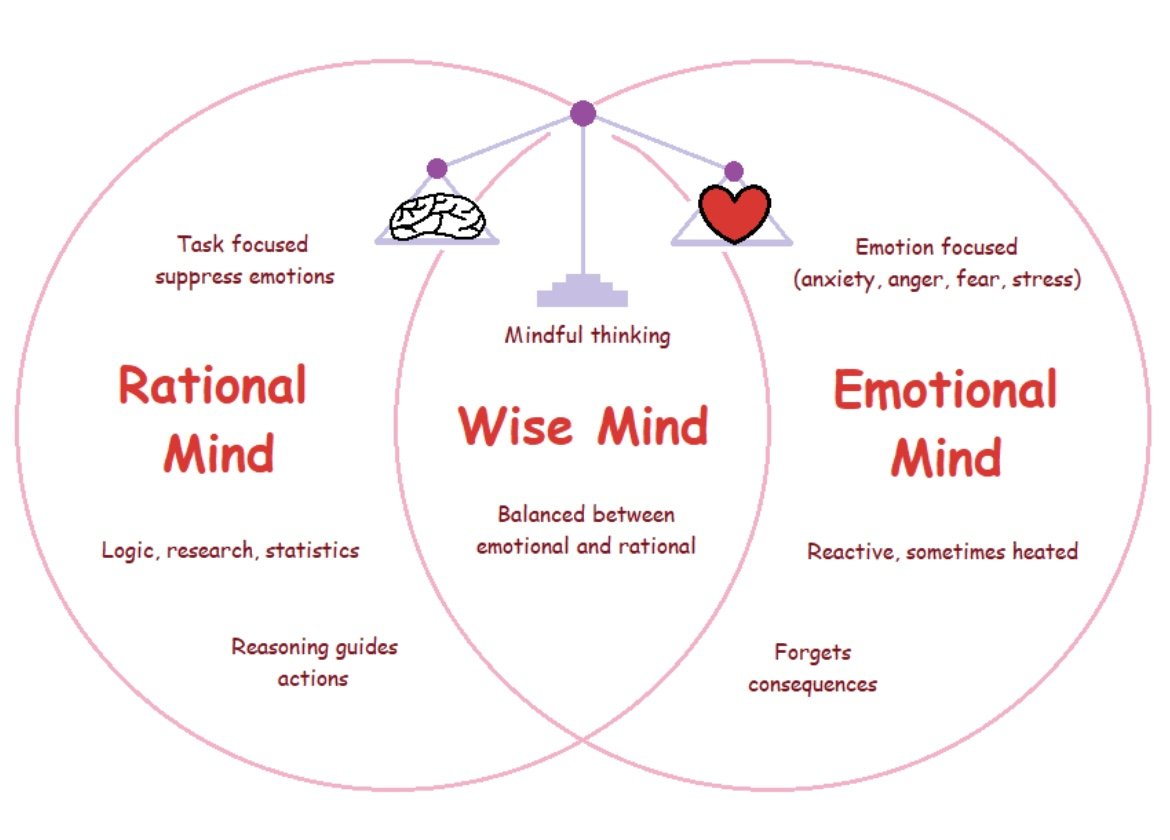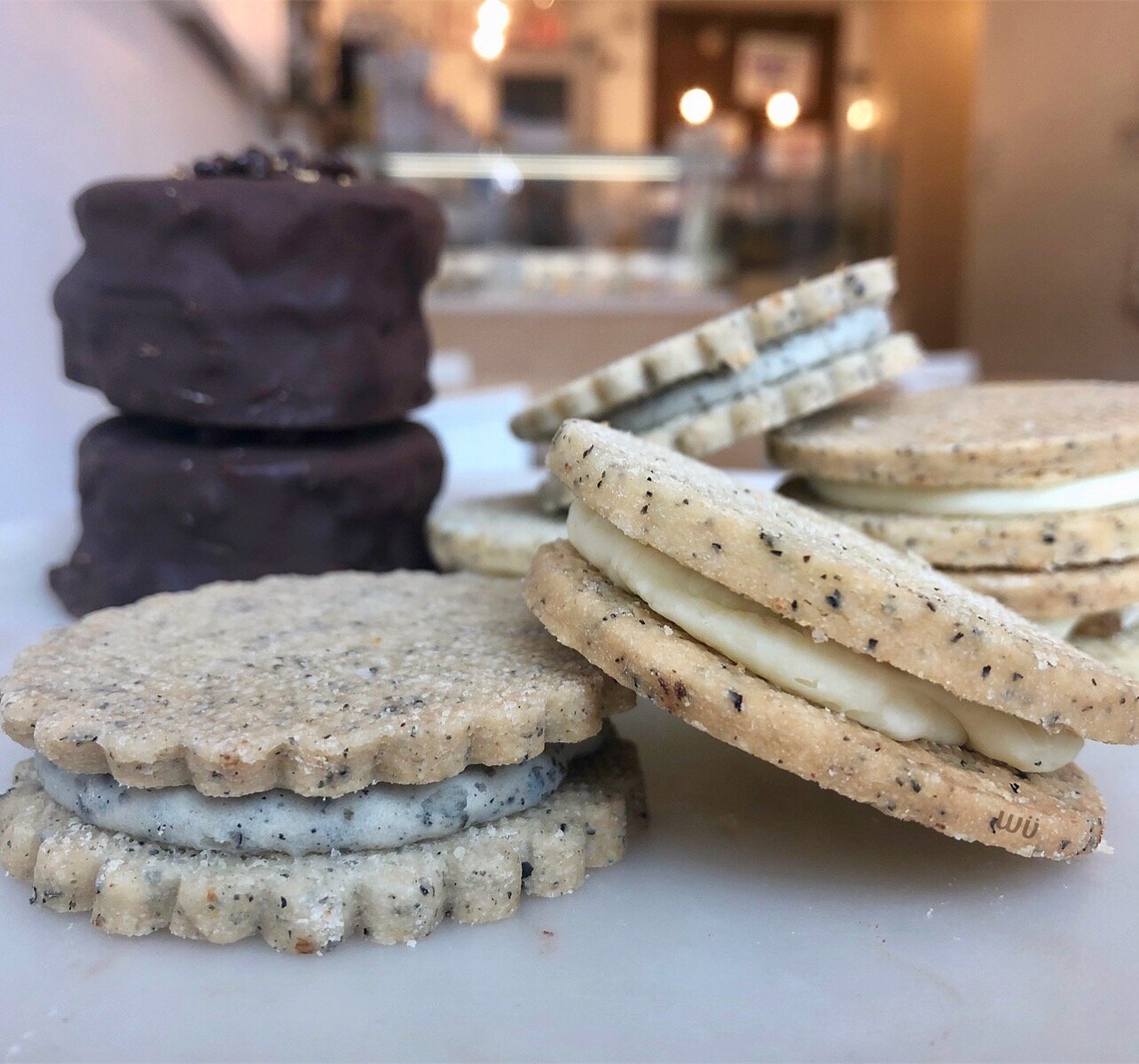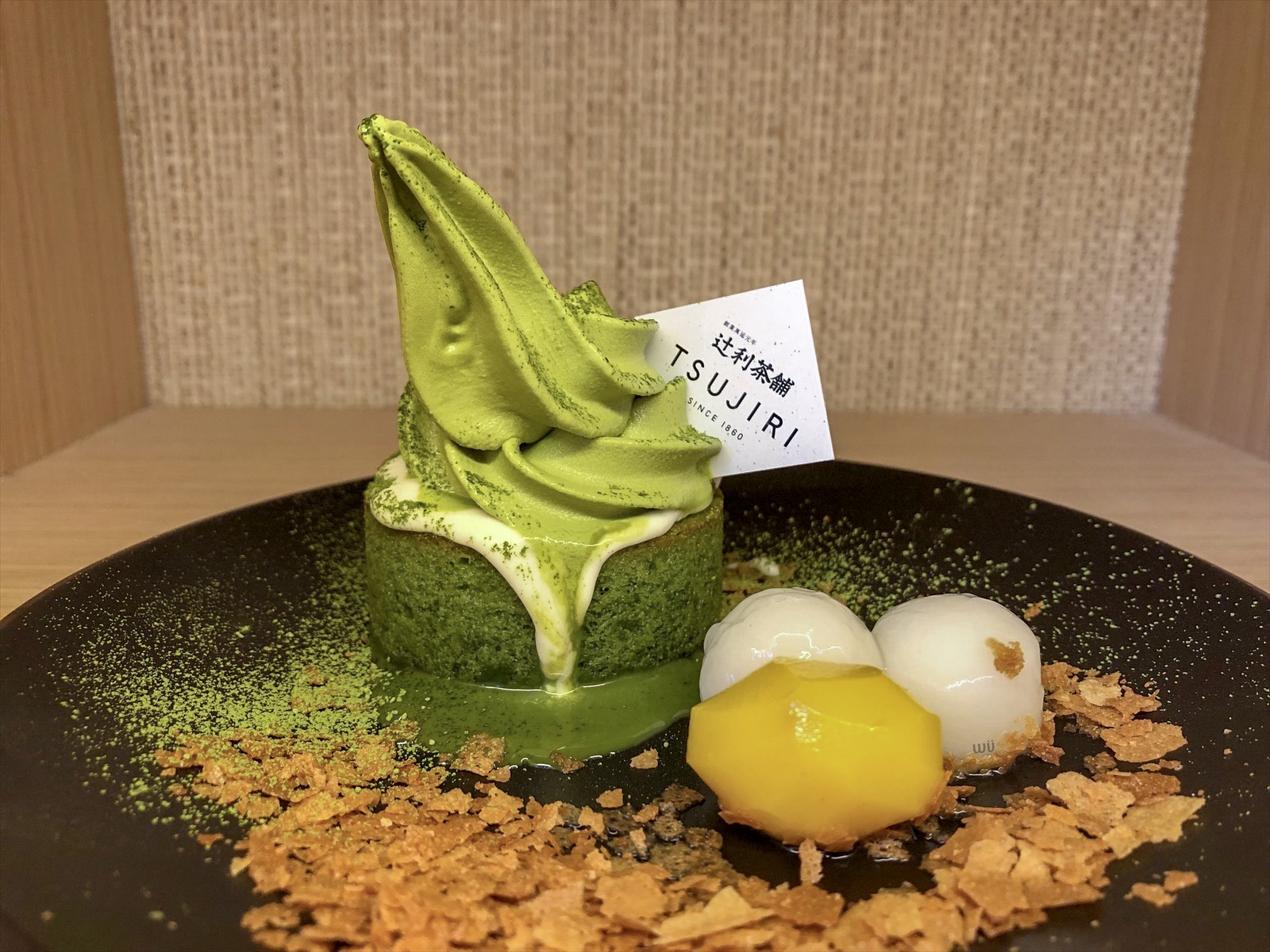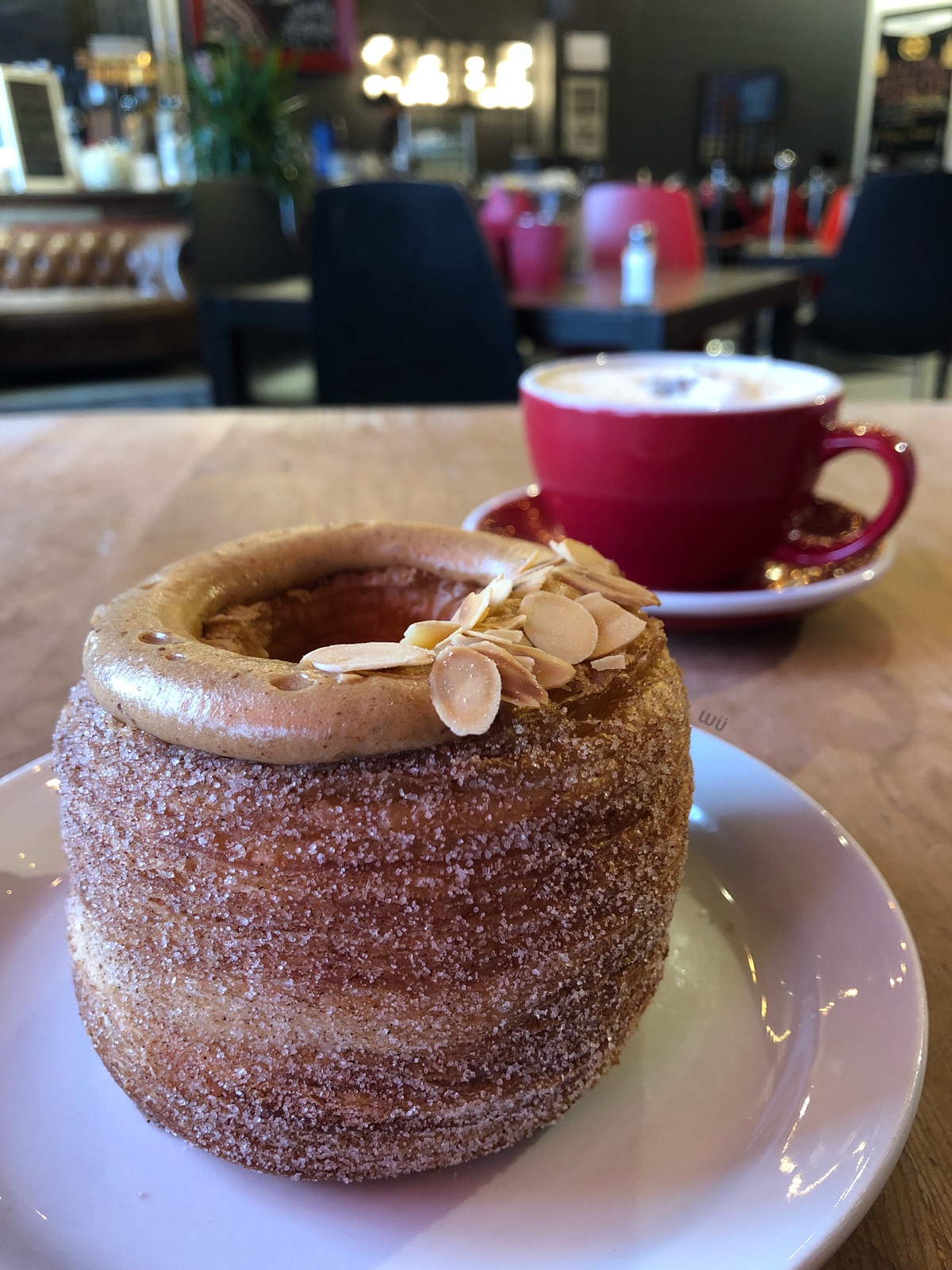I have often heard of the fight, flight, freeze response when faced with perceived threat. During my recovery journey I have now also learned that there is another trauma response called “fawn”.
My understanding is that these trauma responses are quite literal:
Fight - when we retaliate, attempt to regain control and perhaps feel anger and aggression towards the perceived threat.
Flight - when we avoid, deflect, hide, or withdraw. Essentially anything we can do to get away from the situation.
Freeze - when we dissociate, shut down, feel numb or stuck and unable to fight or flight against the threat.
Fawn - when we people please and have difficulties saying “no” or set boundaries. In an attempt to avoid harm or conflict, we try to appease our perceived threat.
It is possible to have multiple responses when faced with danger. It’s not always just one or the other.
Please note that the following content may be quite triggering as I will be discussing my own response to the trauma I experienced. If you or someone you know is in crisis, please reach out for help.
Distress Centres of Greater Toronto: 416-408-4357
Gerstein Distress Line (24/7): 416-929-5200
The reason why learning about this 4th response, fawn, was so important to me is because I have been having a hard time reconciling with my behaviour when I lived in an environment where I was constantly under threat. Now that I am away from the situation I keep asking myself, why didn’t I speak up? Why didn’t I fight back? Why didn’t I protect myself? Why was I so concerned with my aggressor’s happiness that I went out of my way to make this person happy? If I’m being completely honest, I looked to my abuser for approval and acceptance.
Having learned what I know now about fawn as being a trauma response, I am starting to see that my behaviour was my way of protecting myself from further harm. My mind was telling me that if I could just keep the threat happy, and convince them that I am on their side, perhaps they won’t hurt me anymore. Being stuck in a situation where fight, flight or freeze really didn’t work for me, this was my brain’s final way of trying to protect me. My instinct to soothe my aggressor was not consent for further abuse, rather it was my way of minimizing the frequency and severity of further damage.
My need for my aggressor’s approval was not because I wanted to be in this situation. I am beginning to recognize that it was because I was conditioned to associate disappointment and anger as danger, so approval is what I must strive for if I don’t want to get hurt. While I continue down my recovery journey I am working on recognizing my strength for having survived, instead of feeling shame and blaming myself for what happened. It is the aggressor’s choice to harm others. This time I have the luxury of choice too, and I choose not to let this haunt my future. The brain is a funny thing. Although I am determined not to let this define me, I still have to put in the work required to function in a healthy way going forward.
Similar to how kind and patient we are with our loved ones, please be kind to yourself. Intrusive thoughts are not real, and we can try and replace them with healthier ones.
I hope that by sharing my experience and this new information that I learned, it will bring some comfort to anyone feeling guilty about the choices they made while in a hostile situation. There is help out there and there is a way out. I am sending strength to anyone out there who needs it. You are a warrior and you are not alone.

